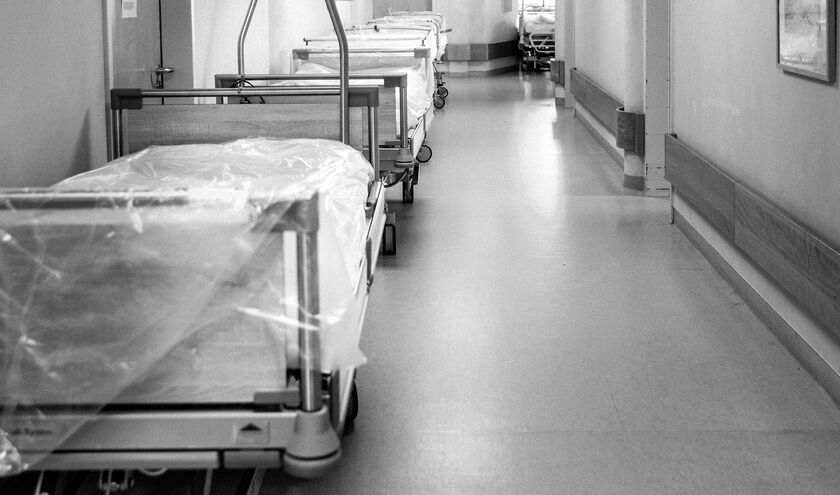The All-Party Parliamentary Group (APPG) on Emergency Care report, which was compiled by the Royal College of Emergency Medicine (RCEM), is based on a survey of 58 Type 1 EDs in England.
Dr Ian Higginson, president of RCEM, said: ‘The situation is a visible sign that the system isn't operating as it should – whether it is hospitals not operating fully effectively, or the inability to discharge people from wards who are ready to go home, as there aren't appropriate social care options in place.'
The report reveals: 19% of patients were being treated on trolleys or chairs in the corridor; 34.5% of respondents had patients being cared for in ambulances outside their department; and over three quarters of respondents (78%) felt patients were coming into harm in their department due to the quality of care that can be delivered under current conditions.
UK polling carried out by Ipsos found 58% of respondents were not confident that their A&E would provide a timely service. In addition, over a quarter (28%) of respondents were not confident that they would be treated in a clinically appropriate area and 42% reported hesitancy around attending due to concerns about long waiting times.
The report made a series of recommendations, including targeted improvements to patient through a reduction in delayed discharges, reforms to funding and focusing on 12-hour waits.
Reaction
Rory Deighton, acute and community care director at the NHS Confederation, said: progress was being made in improving access to alternatives such as GPs and walk-in centres to reduce demand on A&Es, but there was no easy fix.
Deighton called on the Government to boost capital investment into the health service that allows NHS leaders to create partnerships with the private sector to build new facilities.
RCN general secretary and chief executive, Professor Nicola Ranger said: ‘To end this cycle of decline and crisis, we need transparency and for ministers to publish long overdue data on how widespread corridor care is. Nursing is the solution and stands ready to get things better for their patients and the profession but we need a detailed and fully-funded plan for investment in primary care, community and social care services, and their nursing workforce. That is how we start to turn this around and get patients out of hospital and deliver care closer to home.'
A Department of Health and Social Care spokesperson said: ‘No one should receive care in a corridor in a chair or trolley - it is unacceptable and undignified. We are determined to end this, which is why we're publishing corridor waiting figures so we can take the steps needed to eradicate it from our health service. Sunlight is the best disinfectant to stop this practise.
‘This winter, we are investing £450m in urgent and emergency care centres, buying 500 ambulances, building 40 mental health crisis centres, and giving NHS leaders more power to deliver local solutions.
‘On top of this, we are ramping up activity of vital vaccinations, to ensure you and your loved ones stay protected from flu and other diseases. Together, we can ensure the NHS is there when you need it.'



